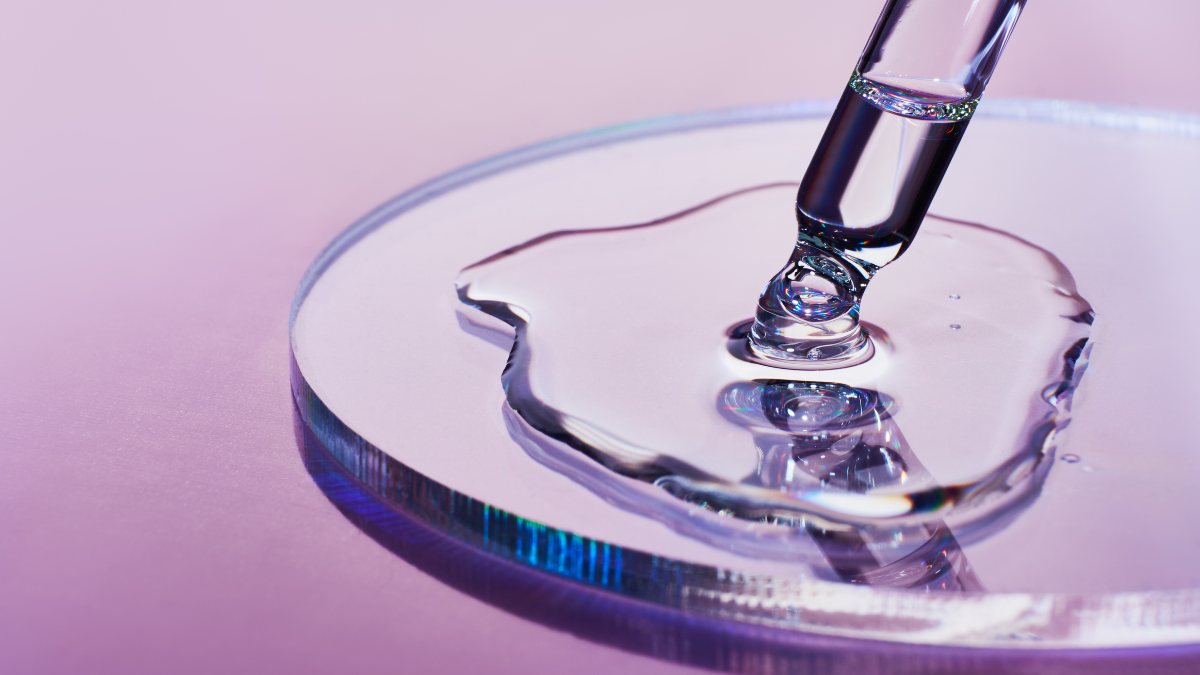Retinol helps wounds heal faster and could help countless older people
Nano micelles of Retinol, a type of vitamin A commonly used in anti-ageing beauty products, can also help wounds heal faster by promoting skin tissue regeneration, according to studies conducted by the University of Surrey and Phytoceutical Ltd.

The University of Surrey and Phytoceutical Ltd have received UKRI funding to further investigate Phytoceutical's patented nano micellar technology in wound care.
Their studies have found that the technology is able to disrupt biofilms and kill key bacteria associated with chronic wounds, reducing the need for antibiotics and combating antimicrobial resistance.
These results could lead to new medical products which reduce the suffering of millions of people globally, especially older people.
Chronic wounds – those which are slow to heal – affect more than 1% of the world's population and can cause pain, discomfort and complications for sufferers. They are common after surgery, falls and as a result of conditions like diabetes.
The studies involved applying Phytoceutical patented antibiotics-free, Retinol-based micellar formulations to artificial skin wound models in the laboratory. Two strengths of Retinol micelles were tested. According to specialist analysis, both were effective at speeding wound healing, with the 0.3% Retinol micellar formulation having the biggest impact.
Next, the research team at the University and Phytoceutical aim to conduct larger-scale tests in laboratories and clinical settings. conduct larger scale tests in laboratories and clinical settings.
Phytoceutical have been fortunate to access funding to work with leading academics at the University of Surrey to conduct studies on our proprietary technology addressing the key health concerns of wounds, tissue recovery and the global threat of AMR or antibiotic resistance. With the added support of UKRI, Innovate UK, BBSRC, STFC, Innovate UK Edge, National Physical Laboratory NPL and Catapult CPI, and as members of SETsquared and SIGHT, the technology commercial readiness is accelerating.Will Buchanan, co-author and founder of Phytoceutical
The paper, "Wound recovery efficacy of retinol based-micellar formulations in an organotypic skin wound model", is published in the International Journal of Pharmaceutics.
The research helps promote the UN Sustainable Development Goals (SDGs) 3 (good health and well-being) and 9 (industry, innovation and infrastructure).
Media Contacts
External Communications and PR team
Phone: +44 (0)1483 684380 / 688914 / 684378
Email: mediarelations@surrey.ac.uk
Out of hours: +44 (0)7773 479911

